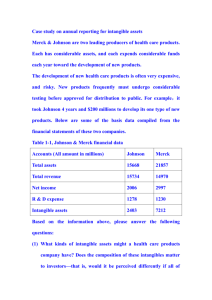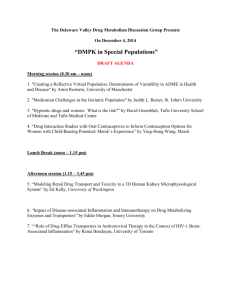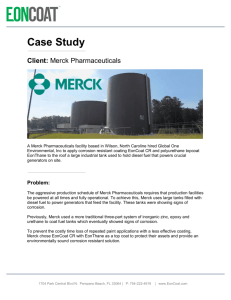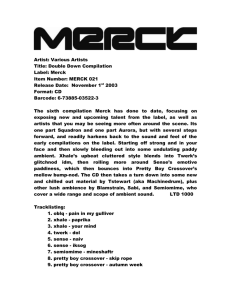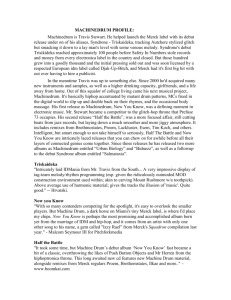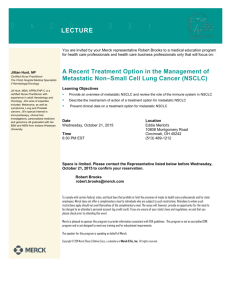Case Methodology
advertisement
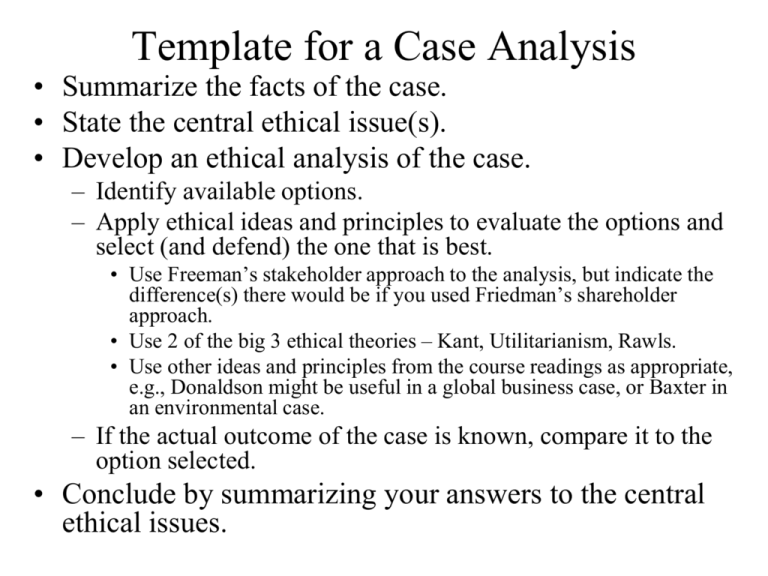
Template for a Case Analysis • Summarize the facts of the case. • State the central ethical issue(s). • Develop an ethical analysis of the case. – Identify available options. – Apply ethical ideas and principles to evaluate the options and select (and defend) the one that is best. • Use Freeman’s stakeholder approach to the analysis, but indicate the difference(s) there would be if you used Friedman’s shareholder approach. • Use 2 of the big 3 ethical theories – Kant, Utilitarianism, Rawls. • Use other ideas and principles from the course readings as appropriate, e.g., Donaldson might be useful in a global business case, or Baxter in an environmental case. – If the actual outcome of the case is known, compare it to the option selected. • Conclude by summarizing your answers to the central ethical issues. Merck Case − Facts • River blindness was a wide-spread problem in poor countries, and it had no effective treatment. • Scientists at Merck accidentally discovered that an anti-parasite drug for animals was effective against a parasite similar to the one that causes river blindness in humans. • Developing and testing a human version of the drug would cost a large amount of money. • The target countries could not afford the drug if it was developed. • Merck had a tradition and culture of placing people before profits. Merck Case – Central Ethical Issue • Should Merck spend money to develop a drug that will – reduce the suffering and prolong the lives of millions of poor people in third world countries, but – for which there is little prospect for recovering their costs and making a profit? Merck Case − Options • Develop the drug, – Either at a loss, or – Subsidized by profits from other Merck products, e.g., the animal version of the drug. • Forget the drug. • Turn the preliminary findings over to the World Health Organization or some other UN agency that could then fund it through charitable contributions to the UN. • Other? Merck Case − Stakeholders • Merck shareholders who generally want growth in stock value and/or dividends. • All of the people who would be saved from river blindness. • World-wide humanitarian agencies that have tried to bring relief to river blindness victims. • The countries in which river blindness occurs. • Others? Merck Case − Friedman’s View • At first glance, it seems Friedman would say no. – Profit motives would appear to favor forgetting about the human version of the drug. – There do not appear to be any legal issues in doing so. • But at second glance, Friedman might say yes. – There could be huge anti-Merck social sentiment if Merck did nothing and people found out about it. – The positive reputation and PR from developing the drug might actually lead to extra profits for Merck. A Merck Case − Stakeholders • Kant – Reversible? Merck management needs to put itself in the shoes of the river blind. – Respect for persons? Abandoning millions of people to an agonizing future simply to increase profits treats them as means only. • What of the options? – Can’t forget about it. – Could turn preliminary findings over to UN. – Could develop the drug. Merck Case − Utilitarianism • Sum benefits and consequences across all stakeholders and chose the one with greatest net benefit for all. – Can’t forget about the drug. – Turning preliminary findings over to UN is marginal. – Developing the drug maximizes net benefit. Merck Case – Davis’ 7 Steps • Use Michael Davis’s alternative framework – – Less harm? (aka Utilitarianism) – Publicity -- especially given Merck’s public stance on serving people? – Defensibility without appearing self-serving? (aka Rawls) – Reversibility (what it you lived there)? (aka Kant) – Organization’s values and culture? – Demands of virtue? Merck Case – Final Outcome • Merck developed the drug with full expectation of not recovering its investment. – Turned out to require one pill per year. • Moreover, Merck paid to develop the distribution system. • Compare this outcome to the selected option.

